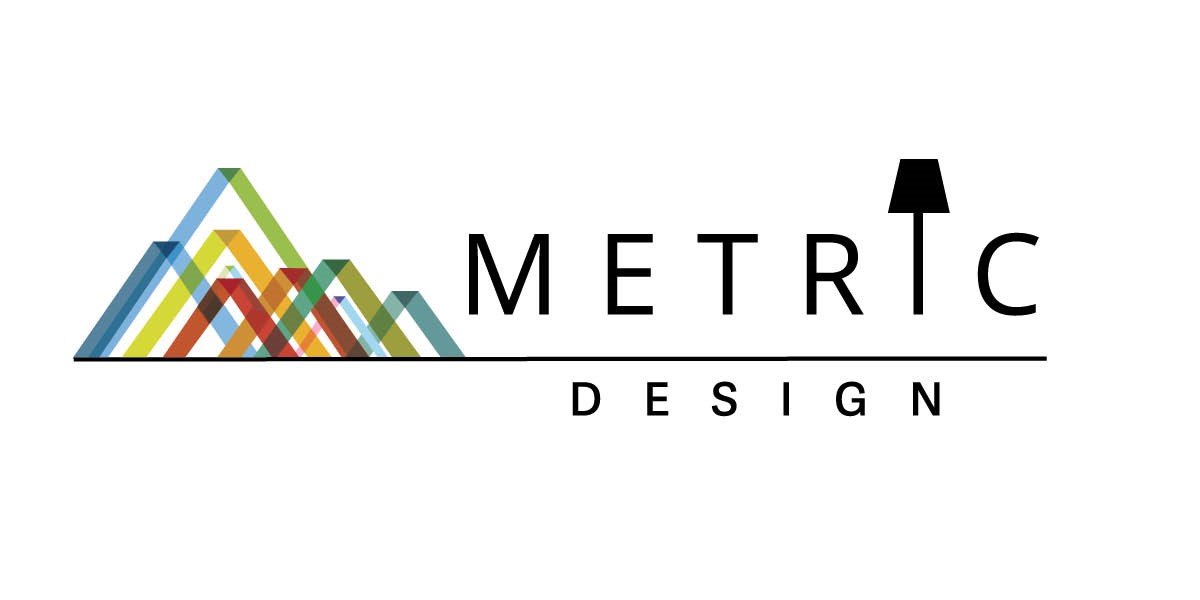
Particle size classification for gravel aggregate using machine learning
McIntosh Sand & Grave is a Saskatoon based gravel crushing and processing provider operating mainly in the Outlook area of Saskatchewan with work spanning from Swift Current to Saskatoon area and growing. They provide technical services related to gravel investigations including drone surveys, GEM electromagnetic induction surveys, monitoring, and gravel crushing, hauling and processing solutions for both private industry and municipal governments. With a workforce approaching nine personnel they have a diverse degree of experience and backgrounds to draw from in solving problems with innovative solutions both internally and for their clients.
Partner organization

Funding sources


Using AI to predict grocery prices
BetterCart Technologies Inc (BetterCart) is a grocery-tech company that uses price analytics and behavioural insights to render value for independent grocery retailers, Consumer Package Goods manufacturers, and food and beverage processors. BetterCart’s current software looks at multiple grocery vendors to compare prices across similar products. They have developed their own software that uses artificial intelligence (AI) to match exact and similar products across these different vendors, and looks to further develop their product by focusing on using AI to predict whether a product is regularly priced or sale priced, increase the flexibility of their parsing technology, and develop data visualizations for their customers. DICE will guide BetterCart to learn about alternative AI techniques, design and implement analytics displays, and to add automation to their manual processing system.
Partner organizationBetterCart Technologies Inc
Funding sources

Digital Twin and Generative AI
DICE is collaborating with Metric Design to develop a prototype Digital twin system for their interior design platform using Artificial Intelligence and Machine Learning. This virtual representation will allow users to manipulate physical spaces and explore various colors, textures, styles and environmental characteristics. The project aims to simplify design processes, improve client communication, provide high quality service at a lower cost, and reduce errors in final products.
Metric Design provides tailored residential and commercial interior design and renovation
services. They meticulously plan and execute every detail to meet client needs. In
addition to interior design, they manage projects by coordinating with local architects,
engineers, trades, and suppliers to ensure seamless project execution.
Partner organization
Funding sources![]()

Previous projects
Summary of proposals for public release:

